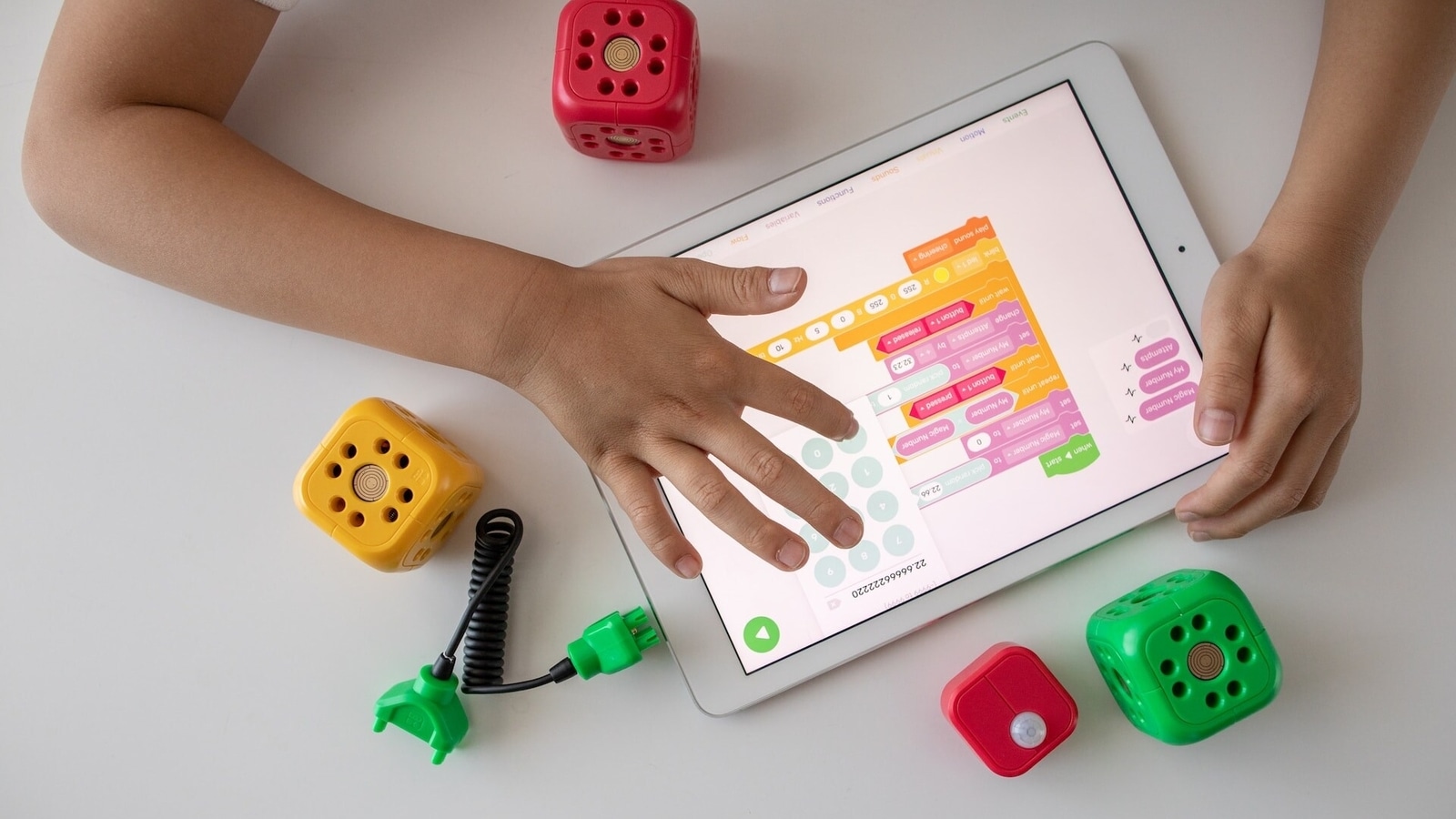Game-Based Learning: Revolutionizing Education through Interactive Educational Games
24 September 2023
Introduction (Approx. 100 words)
- Introduce the concept of game-based learning and its transformative impact on traditional education methods.
- Discuss the shift from passive learning to active, hands-on experiences in the digital age.
Interactive Learning Environments (Approx. 200 words)
- Explore the development of interactive educational games and simulations.
- Discuss virtual reality (VR) and augmented reality (AR) applications in creating immersive learning environments.
- Highlight the role of gamification in non-game contexts, making learning more engaging and enjoyable.
Engaging Students through Gamified Content (Approx. 200 words)
- Discuss the psychology behind gamification and how it triggers motivation and engagement.
- Explore examples of successful gamified learning platforms and their impact on student participation and enthusiasm.
- Explain the use of rewards, challenges, and competitions in educational games to enhance the learning experience.
Measuring Learning Outcomes (Approx. 150 words)
- Discuss the methods and tools used to measure the effectiveness of game-based learning, including analytics and assessment techniques.
- Highlight research studies and educational initiatives that demonstrate the positive impact of game-based learning on student outcomes.
Empowering Educators (Approx. 150 words)
- Discuss the role of educators in implementing game-based learning strategies in classrooms.
- Address training programs and resources available to help teachers integrate educational games effectively into their teaching methods.
- Emphasize the importance of collaboration between game developers and educators to create high-quality, curriculum-aligned content.
Conclusion (Approx. 150 words)
- Summarize the key points about the revolutionizing impact of game-based learning in education.
- Highlight the potential of game-based learning in addressing diverse learning styles and promoting lifelong learning.
- Conclude with a call to action, urging educational institutions and policymakers to embrace and invest in game-based learning for a brighter future of education.

